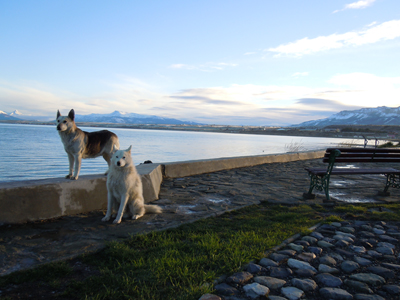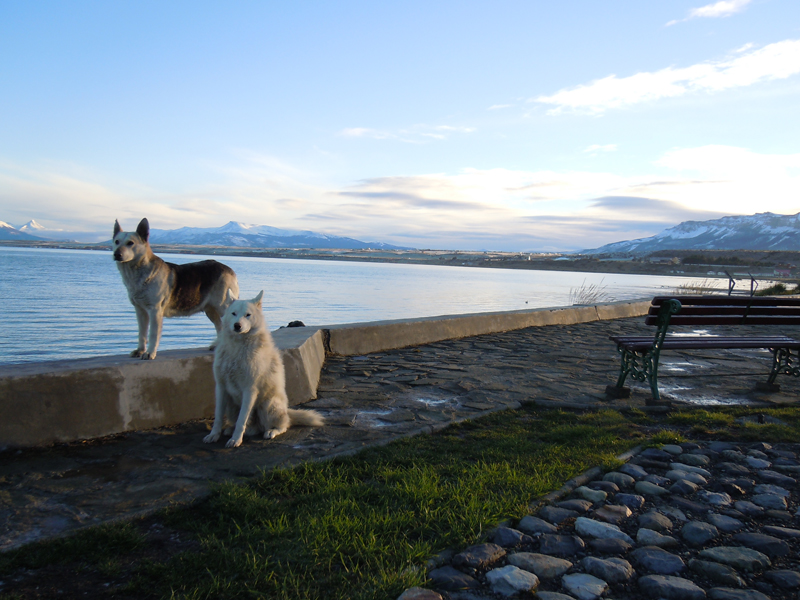The G. Caporale Institute visits Chile to discuss the management of canine populations
An international seminar on " Management of Canine Populations" was held in Santiago, Chile, on 16 and 17 May. The event, organised by the Servicio Agrícola y Ganadero (SAG) of the Chilean Agriculture and Health Ministries, was arranged in liaison with the National Committee for the celebration of the 250th anniversary of the veterinary profession and the Panamerican Health Organisation.
Over 180 participants attended the seminar, at which experiences, strategies and programmes designed for the management and control of canine populations in various countries were reported on by experts from the G. Caporale Institute, the University of Pennsylvania, the World Society for the Protection of Animals (WSPA) and Veterinarians Without Borders, the competent national and local authorities, and representatives from Chilean academic circles and the animal protection world.
The SAG, in its capacity as competent authority for the animal husbandry sector, intends to support a national strategy that promotes the application of the highest standards of animal welfare throughout the country, in close cooperation with the World Organisation for Animal Health. "This event provides an opportunity for those involved in animal protection to meet and compare notes", explained Leopoldo Stuardo, head of the SAG Animal Welfare Unit, who added, "In this way we intend to make available to the public as much information as possible about a subject that is so important for our society. Having experienced professionals and a well-informed population is crucial to the success of our strategy".
Oscar Videla, head of the SAG Sheep and Goat Protection Division, explained that the Chilean government wishes to be in the front line of projects aimed at controlling canine populations, "because veterinary services like ours are required, among the other competent authorities, to play a central role in protecting the animal population, preventing animal diseases and guaranteeing animal welfare". Mr Videla said he hoped to see close cooperation and efficient coordination between public institutions and private individuals interested in tackling the complex problem of stray dogs systematically, at local and national level.
It was announced at the seminar that an agreement had been reached between the G. Caporale Institute and SAG for the ratification of a memorandum of understanding, with the aim of consolidating scientific research and international cooperation by the Chilean government in the fields of animal welfare, public health, epidemiology, risk analysis, animal identification and veterinary training.
© IZSAM August 2016
|
|
Istituto Zooprofilattico Sperimentale
dell'Abruzzo e del Molise "G. Caporale"
Campo Boario | 64100 TERAMO | ITALIA
Telefono 0039.0861.3321 | Fax 0039.0861.332251
e-mail: archivioeprotocollo@izs.it
Posta elettronica certificata: protocollo@pec.izs.it
Partita IVA: 00060330677
Codice Fiscale: 80006470670




